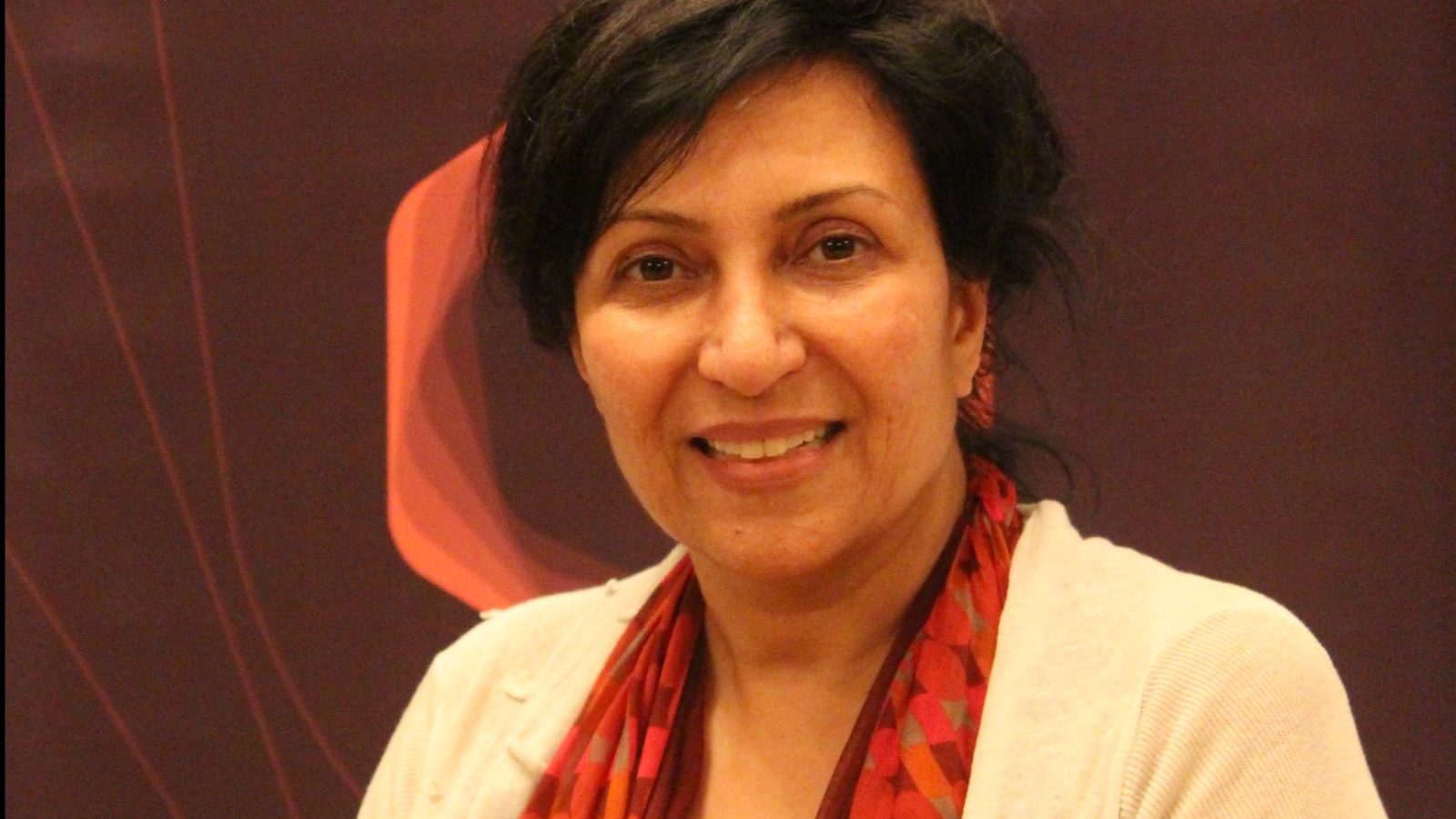“My work is a gift,” says philanthropist and angel investor Asha Jadeja Motwani, “I’d do this even if I had to pay!” She has invested in over 100 start-ups focusing on education, women’s rights and innovation especially in India, Pakistan and Africa. The Motwani Jadeja Foundation, a charitable organisation she is a trustee of, supports entrepreneurs in underserved pockets enabling them to excel.
Asha, along with her late husband Rajeev Motwani, who was a Stanford University professor, angel investor and renowned computer scientist credited with co-authoring Google’s algorithmic architecture, has given wings to many entrepreneurial dreams. Here’s how she has managed to stay grounded.
Is stress the logical price of success?
While being an entrepreneur is an exciting journey, the kind of involvement a start-up requires often results in stress and burnout. Asha does not think that career success comes at the cost of personal well-being. “It is important to take care of your physical health, entrepreneurs tend to forget that results are never going to be in their hands, then they become stressful.”
She has the solution though. “If you are working in the venture industry, but have spiritual strength, you meditate, eat healthy food, do some daily exercises, drink a lot of water and respect nature,” you have nothing to worry about. “Take care of a few of these pillars then results come out well, but results are not in our hands, they are in the hands of a larger universe. Don’t get stressed by work,” she says.
Do your best and the rest will follow
Where does she draw that equanimity from? “Once you begin to understand that what is happening in your life is not you, not you the personality, [but] there is a larger dynamic that is creating opportunities for you,” says Asha, “you become a bystander and understand that a larger force is using you to bring about good results. After that, even failure is acceptable, at least you tried!”
The key is to stay rooted
Human beings are conflicted in two areas—love and self-actualisation, she says. “They are the X and Y axes and, though connected, they don’t go together. We all have a need to be loved, so we want to be part of a community and yet we want to be our best and break out of the bonds of community. Both are opposing forces and how we balance these determines how we conduct our life.”
Those who forget that as humans we need to be loved also and simply go for self-actualisation are the ones who face stress, she points out. Asha is no stranger to entrepreneurial burnout too. “At the beginning of my career, I became overly excited about venture capital. I felt I must know more, read more, attend more talks, know everybody, and in that momentum I forgot that only these new friends are not enough, I also need my community who have known me and loved me from the time that I was born. I was very burnt out I remember, I had put on a lot of weight and it affected my health.”
Then something happened to lend perspective. “I became pregnant. I fell in love with that little thing moving in my tummy and after she was born I became her slave. Suddenly I realised that all those board meetings, conferences and key note speeches meant nothing to me compared to the love I felt for this baby.”
Gratitude creates a virtuous cycle
Despite enduring success as a venture capitalist, Asha says she gets more than mere career highs by helping those in need. “My work is my way of giving back, it energises me. It is not altruistic at all.” On her recent visit to India, she launched a new non-profit think tank, the Motwani Institute of Thought Leadership in Innovation, or MITLI, that facilitates academic exchanges in diverse fields—education, computer science, health innovation, among others.
“I feel grateful that I can get involved in this kind of work, where I can look after not just my children but groom others to be entrepreneurs as well as be their best selves.”
Technology rule: Enjoy the good, reject the bad
“Technology as a force in general is an enormously important force of good for the planet because it is connecting us, it is giving all the information in the hands of the janitor as well as the person at the top. That today for me to be with my grandma on Skype costs nothing is huge.” The negatives of technology are nothing compared to the positives it is giving us, she points out.
“My relationship with technology is very healthy,” says Asha. This is primarily because she continuously reminds herself that technology, which is still nascent and evolving, “is leveraging our neural pathways which unfortunately are the same pathways of addiction right now”. “But those of us who know that can put up barriers. You can say that only these many minutes and no more, but children may not, so you have to be careful,” she warns.
Her quick tip for parents? “Give children access to technology but make it somewhat limited, and pretend that they are in charge!”
Values to pass on
“Biggest life lesson for me has been to never get attached to results but still do my best. You have to trust a larger wisdom out there to take care of you, to do what is best for you and if it works for you then that is how it was meant to be. If it doesn’t work out that’s fine but still put in your best. When you arrive at that stage of thinking, it frees you.”
Want to share your story of how you thrive? Write to us at [email protected]
More on Thrive Global India:
Five Rules from Amitabh Kant’s Success Handbook
Don’t Wait Till You’re 60 to Turn to Spirituality: Neerja Birla
What Stopped Pooja Dhingra From Working 16-Hour Days


